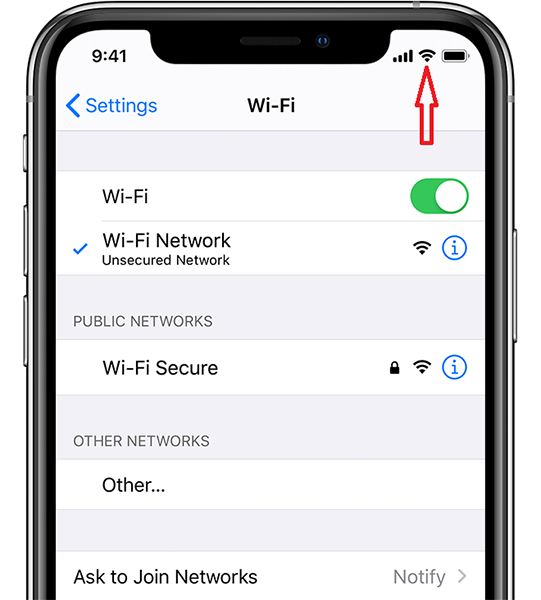
Note that Google itself gets location data from phones that have location history enabled, even when you’re using a non-Google app such as Facebook or Yelp. You may say “all the time" to Google Maps, for example, but “don’t allow” for retailers’ apps and video games. Your options are “Allow all the time,” “Allow only while using the app,” “Ask every time,” and “Don’t allow.” Then tap “App location permissions.”įrom there, you can manage the access for individual apps. In the Quick Access screen, touch and hold Location to get your phone’s location settings. If you prefer to keep Find My Device active, you can leave that switch in the On position and disable location access for specific apps.

And turn-by-turn directions in Google Maps won’t work, either. Note that turning this setting off means you won’t be able to use Find My Device to locate or remotely wipe the phone if it gets lost or stolen. Samsung phone owners may find it under Settings > Location. If you can’t find Location in your Quick Settings panel, go to Settings > Google > Location. (You may need to swipe to the right to find the Location icon.) Swipe down from the top of the screen to get to the Quick Settings panel.Ģ. But here, in a nutshell, is what you need to do:ġ. If you want to go back and manage your location settings, Google provides instructions for that. Requests for consent usually arrive in those pop-up notifications people accede to quickly in order to get on with their day.


But you may well have agreed to this tracking without thinking about it. To its credit, Google gives you some control over location tracking through your phone by asking you before it turns on location services. “If you must bring it, turn off your phone before you travel to the place in question, and do not turn it on again until you are nowhere near the sensitive location.”įor help in limiting the location tracking by Google, Apple, and the apps on your phone, follow these steps. If you’re particularly worried about revealing your location, the best thing to do is leave your device at home, says Katie Moussouris, founder and CEO of Luta Security. That’s a big reason the EFF says location tracking is the deepest privacy threat from mobile phones. As long as your phone is on, your movements can be tracked via WiFi, Bluetooth, or the signal to your mobile network. (See steps below.) But even if you have location services turned off, mobile apps may be able to glean your general whereabouts through your IP address. It’s becoming harder for companies to get access to your precise location information without your permission, and you can reduce the amount of location data companies collect. "People should at least be aware of how closely they are tracked by hundreds of companies every day, and how that data might end up in the hands of the police." "There’s a doctrine in the law called the ’third-party doctrine,’ which says that if you share data with a company, you lose your privacy rights over it, and the government can generally access it, even without a warrant," says Justin Brookman, director of consumer privacy and technology policy at Consumer Reports. Immigration and Customs Enforcement or a local police department.

Most people know that Google sees their search history, but they have no idea that location data from their weather app could end up with U.S. “It can be used to infer demographics, habits, religious practice, and to reveal when people seek medical care from a place like Planned Parenthood.” “Location data is incredibly revealing of a person’s life,” says Bennett Cyphers, a staff technologist at the nonprofit digital rights group Electronic Frontier Foundation. In 2020, the Wall Street Journal reported that the Department of Homeland Security used cell phone location data for immigration and border enforcement. Even your cell phone carrier may be using your location and internet history to target you with ads, if you haven’t opted out of this tracking.Īnd law enforcement officials and government agencies (including the FBI, the IRS, and the Drug Enforcement Administration) have been buying this location data to secretly track citizens, no warrants needed.


 0 kommentar(er)
0 kommentar(er)
